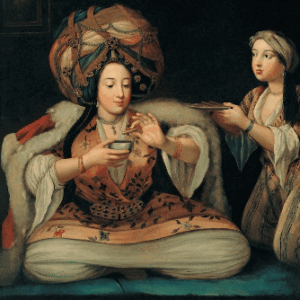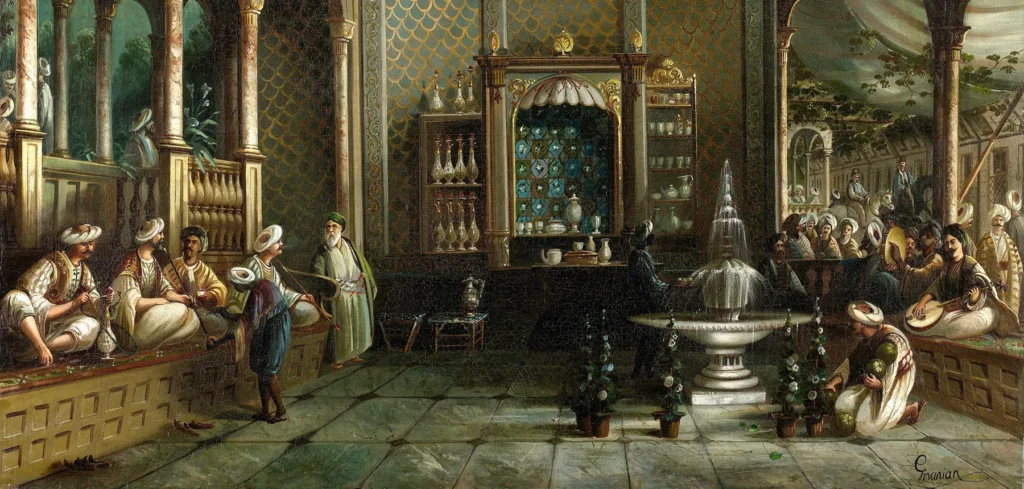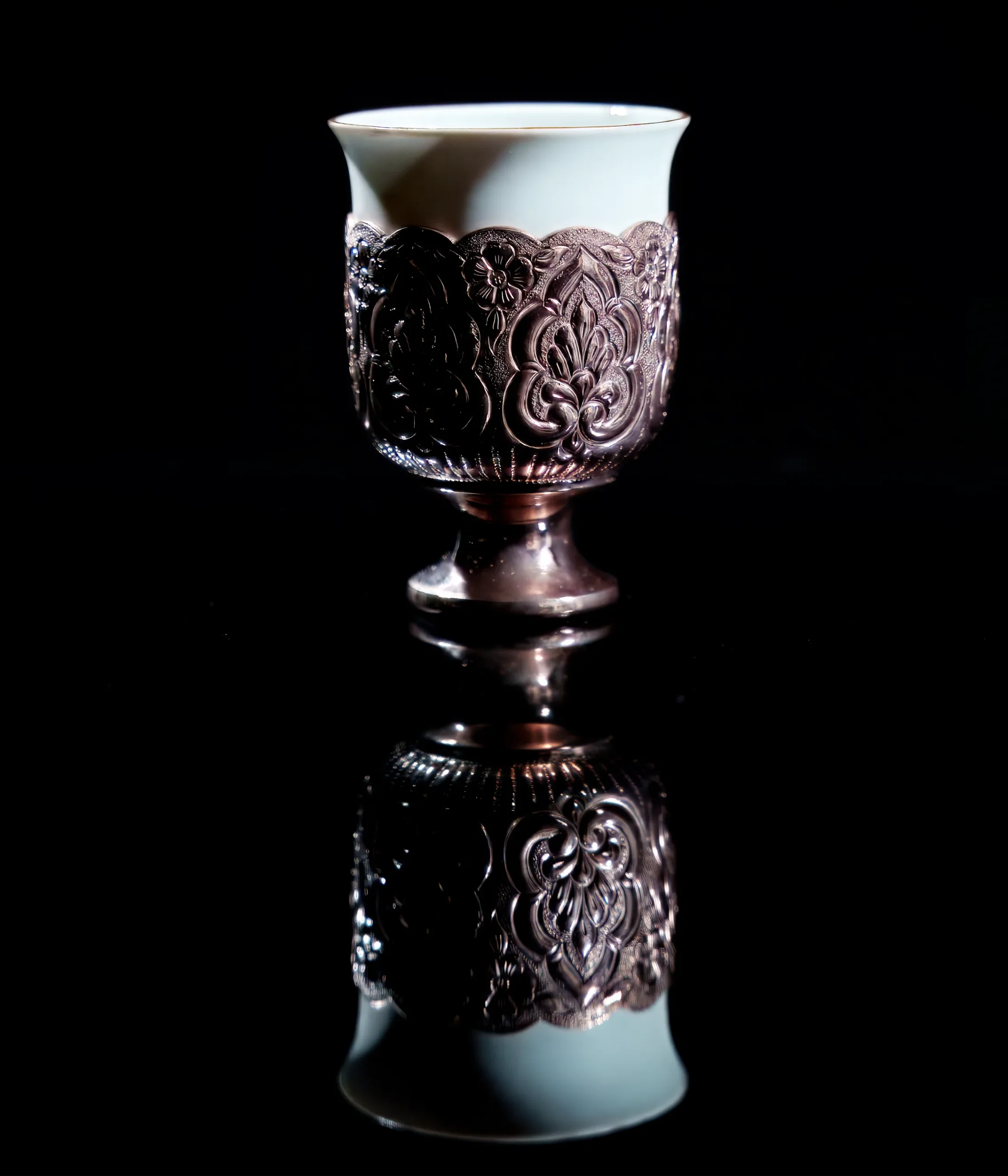The Rise and Controversy of Coffee in the Ottoman Empire
 Coffee played an essential role in shaping the culture of the Ottoman Empire, transforming into more than just a drink—it became a social and intellectual phenomenon. Introduced to Istanbul in the 16th century through Yemeni traders, coffee quickly became an integral part of daily life, spreading through the empire like wildfire. By the mid-1500s, the first coffeehouses, known as “Kaveh Kanes”, emerged as gathering places where poets, scholars, and merchants exchanged ideas, debated politics, and engaged in philosophical discourse.
Coffee played an essential role in shaping the culture of the Ottoman Empire, transforming into more than just a drink—it became a social and intellectual phenomenon. Introduced to Istanbul in the 16th century through Yemeni traders, coffee quickly became an integral part of daily life, spreading through the empire like wildfire. By the mid-1500s, the first coffeehouses, known as “Kaveh Kanes”, emerged as gathering places where poets, scholars, and merchants exchanged ideas, debated politics, and engaged in philosophical discourse.
However, coffee’s rapid rise was not without resistance. Sultan Murad IV, known for his rigid policies, outlawed coffee in the 17th century, fearing that these coffeehouses became breeding grounds for sedition and rebellion. The punishment for consuming coffee ranged from public beatings to execution, yet this did little to deter its popularity. Underground coffeehouses flourished, and the bans were eventually lifted, cementing coffee as a defining element of Ottoman culture.



 The Journey of Coffee to Europe
The Journey of Coffee to Europe  The Forbidden Brew
The Forbidden Brew  The Ottoman Secret Behind Turkish Delight
The Ottoman Secret Behind Turkish Delight 








